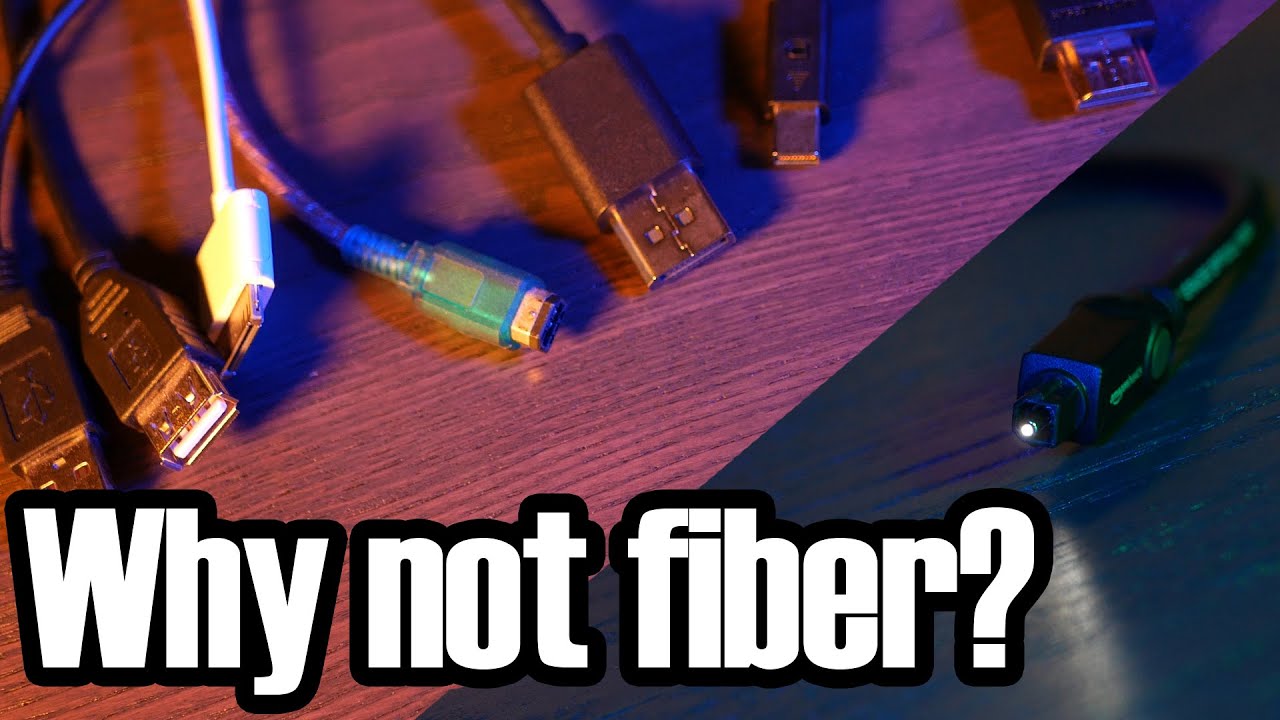Fiber vs. Copper; What do we really need?

Fiber optics. A DeLIGHTful technology.
Ooh that’s a groaner. Well, why don’t we see them around more often? Let’s find out!
What factors should be considered when selecting the right internet service provider based on the type of connectivity needed, fiber optic or copper?
Fiber vs. Copper; What Do We Really Need?
In today’s world, high-speed internet connectivity is becoming essential for both households and businesses. The two primary mediums for delivering this connectivity are fiber optic cables and copper cables. Both have their pros and cons, and the choice of which one to use has become a topic of debate. The decision ultimately depends on the needs of the user.
Fiber optic cables are composed of glass fibers that transmit data through light signals. They offer incredibly fast transmission speeds and provide long-range connections with minimal signal loss. Moreover, they are immune to electromagnetic interference and radio-frequency interference, making them ideal for use in industrial or noisy environments.
On the other hand, copper cables use electrical signals to transmit data, which can lead to signal degradation and loss over long distances. However, copper offers a lower cost alternative and is easier to install than fiber optic cables. It is also more widely available in most regions, making it an accessible option for those who live in remote areas.
When deciding between fiber optic and copper cables, it’s essential first to determine what the application will be. For residential use, copper cables can provide sufficient bandwidth for basic internet usage, such as web browsing and streaming. However, if a household has multiple users or requires higher bandwidth for gaming or HD streaming, fiber optic cables may be the better option.
For businesses that rely on high-speed connectivity for daily operations, fiber optic cables are the way to go. The faster speeds and lower latency offered by fiber can significantly improve productivity and efficiency. Additionally, the enhanced reliability and security features provided by fiber can help safeguard critical business operations.
In conclusion, the choice between fiber optics and copper ultimately boils down to what the user requires. For basic internet usage, copper is a reasonable and practical option. Still, for those who need higher bandwidth for intensive applications, or for businesses that must maintain high-speed connectivity, fiber optic cables are the superior choice. Whatever decision is made, users need to ensure that their internet service provider offers the right type of connectivity for their needs.









Meanwhile… The New 007 Is A Black Woman
10 Barbie Dolls You Can Totally Relate To
As Seen On TV Plumbing Gadgets… Do they work?
Chainsaw Carving Competition | OT 29
KIDS BUILD Mind Blowing Water Slide